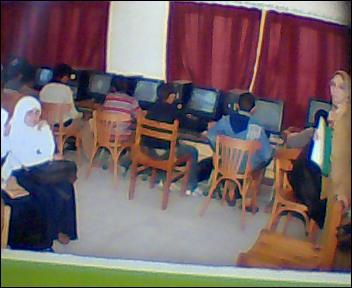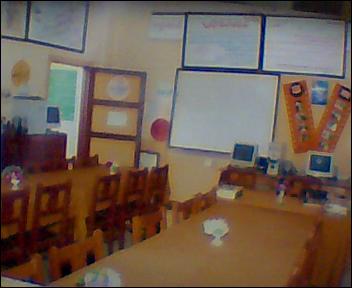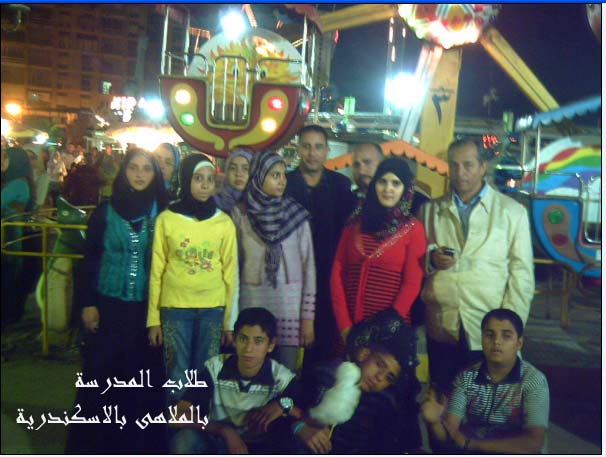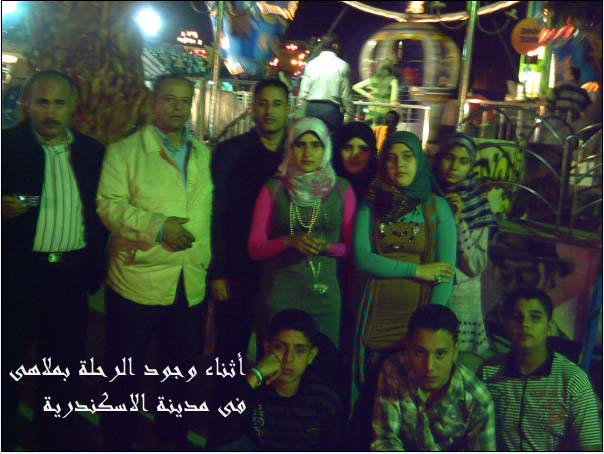fantastic رائع arrival الوصول
time of change زمن التغيير continent قارة
look like يشبه dead ميت ( صفة )
change names يغير أسماء die يموت
death الموت ( اسم ) heat يسخن – حرارة
move ينتقل imitation تقليد ( اسم )
queen ملكة imitative تقليدي ( صفة )
husband زوج life الحياة
find يجد live يعيش
imitate يقلد living المعيشة ( اسم )
retire يتقاعد movable متحرك ( صفة )
religion الدين ( اسم ) movement حركة ( اسم )
BC قبل الميلاد others الأخر ون
become يصبح out of bed خارج الفراش
sculpture تمثال prince أمير
temple معبد princess أميرة
because of بسبب put on يرتدى
was called سمى universe عالمي
birth ميلاد wake up يستيقظ
date تاريخ washable قابل للغسيل ( صفة
Alsun School مدرس الألسن new ideas أفكار جديدة
at a time في عصر ما person شخص
historic / al تاريخي ( صفة ) son أبن
later فيما بعد statues تمثال
leader قائد such as مثل
mosque مسجد The Great الأكبر
هو سؤال قصير في نهاية الجملة ومعناه أليس كذلك وفائدته التأكيد على
معنى الجملة أو معرفة رأي السامع .
* ويتكون من فعل مساعد وبعده فاعل فقط ولا بد أن يكون الفاعل ضمير .
â Mohamed can swim, can't he? â yes, he can.
â Hani isn't clever, is he ? â No, he isn't.
B إذا لم يوجد مساعد نستخدم do/does/did .
â Hoda comes early, doesn't she? â Yes, she does.
The boy is clever, isn't he? Yes, he is.
èThe pupil was absent, wasn't he? Yes, he was.
èThe man works hard, doesn't he? Yes, he does.
èThey play football, don't they? Yes, they do.
èThe woman went to the market, didn't she? Yes, she did.
èHe has visited London, hasn't he? Yes, he has.
èThey had gone out, hadn't they? Yes, they had.
èYou did bring your books, didn't you? Yes, I did.
èYou do understand my questions, don't you? Yes, I do.
تأتي قبل الساعات وكلمة the age
* I go to school at 7 o'clock.
مع أيام الأسبوع وكلمة foot
* I go to my work on foot on Saturday
مع الأوقات في الصباح/ بعد الظهر/ في المساء/ ومع أرقام
السنوات و الشهور ومع الدول والمدن الكبرى.
a list of jobs قائمة بالإعمال put away ينظم
all the jobs جميع الإعمال sitting room حجرة الجلوس
be out خارج المنزل sweep يكنس
clean ينظف take يأخذ
finish ينهى tidy ينطم
floor أرضية مكان ما toys لعب أطفال
frigde ثلاجة want يريد
leave يترك - إجازة
a lot كثيرا ( في نهاية الجملة ) long form شكل مطول
baby طفل رضيع magazine مجلة
buy يشترى make يصنع
changeable متغير ( صفة ) movable متحرك ( صفة )
difficulty الصعوبة ( اسم ) paragraph فقرة
differ يختلف send يرسل
e-mail بريد إلكتروني short form شكل مختصر
flat شقة speak يتكلم
internet شبكة اتصالات عالمية student طالب
learn يتعلم verb فعل
enjoyable ممتع ( صفة ) outside في الخارج
healthy food طعام صحي place مكان
important personشخص مهم read يقرأ
new subject درس جديد trial محاولة - تجربة
blind كفيف growth النمو ( اسم )
class فصل hair شعر
decide يقرر list قائمة
decision قرار ( اسم ) marry يتزوج
decisive حاسم ( صفة ) menu قائمة طعام
environment بيئة money نقود
fit قوى move to ينتقل إلى
give يعطى talk يتكلم
go for a walk يذهب للنزهة the club النادي
grow up ينمو – يكبر unfit غير قوى
Has have + p.pالتصريف الثالث .
ä ä
He/She/It I/We/You/They
E She has just washed the dishes.
EWe have already planted the rice.
حدث انتهى منذ فترة زمنية بسيطة ويأتي مع توا ، حالاjust بالفعل already
«ولا يأتياه إلا في الجملة المثبتة بين المساعد والأساسي.
âThey have just arrived from London.
حدث بدأ ولا زال موجوداً حتى الآن ويأتي مع :- since / for
â Since +*بداية مدة {يوم ، شهر،سنة
For +*مدة محددة
âHe has lived in Tanta since 2000/for seven years.
*عند الاختيار : نختار مضارع تام إذا وجدنا since/for في الجملة. أما إذا كان
الاختيار في for/sinceفيكون حسب الذي بعدها.
EWe [learn- learned-has learned-have learned]English since 2000.
EThey have traded in cars [since- for-ago-yet]five years.
Dقد تستخدم since كرابط في الجملة بالقاعدة التالية :-
مضارع تام since ماضي بسيط
âHe has made shoes since he learned them .
wحدث لم يتم أبدا أو تم مرة واحدة أو لم ينته بعد وذلك مع الكلمات التالية :-
c never *أبداً تأتي في الجملة المنفية بين المساعد والأساسي
cever * من قبل تأتي في الجمل المثبتة والسؤال بين المساعد والأساسي cyet *بعد تأتي أخر الجملة المنفية âI have never visited Paris.
âWe have ever visited London.
âThey haven't painted the walls yet.
ìhave /has been *ذهب إلي مكان وعاد منه âMy mother has been to the market. She is at home now.
**********
ìhave/has gone to *ذهب إلي مكان ولا زال هناك
âMy mother has gone to market. She is at the market now.
ينفي المضارع التام بوضع كلمة not بعد الفعل has/have
âHe hasn't finished his homework yet.
أو بوضع كلمة never بين have / has والتصريف الثالث






































